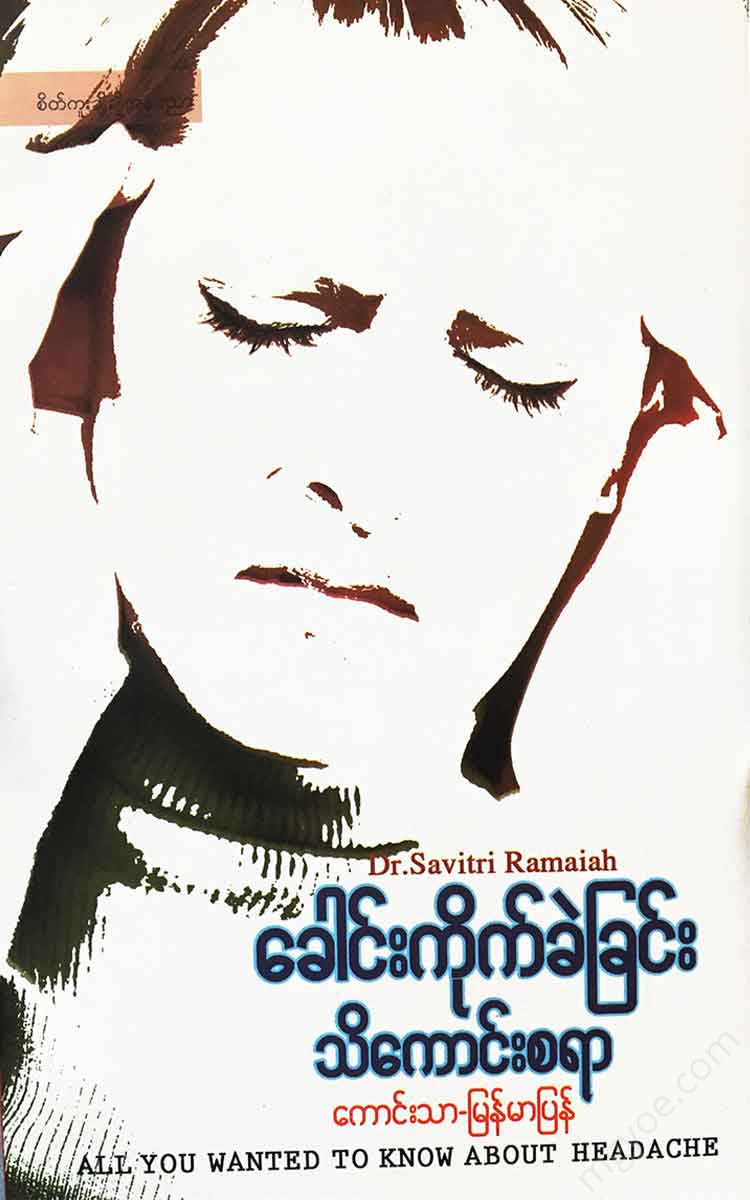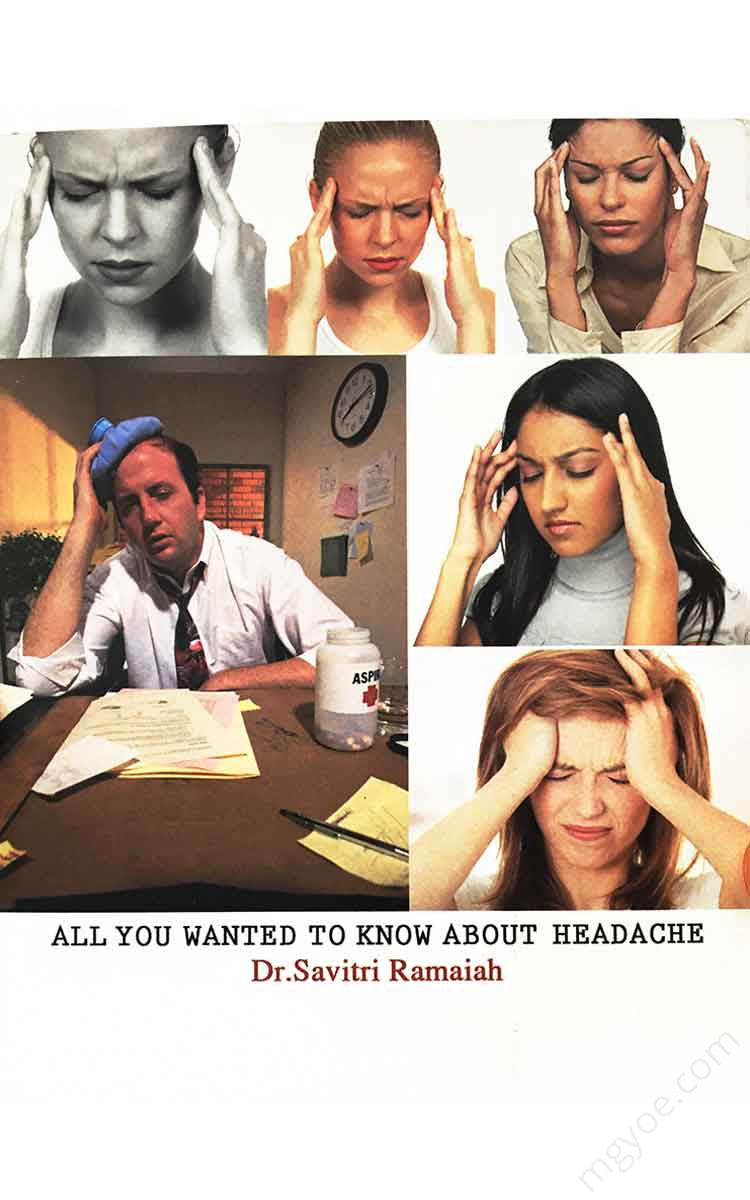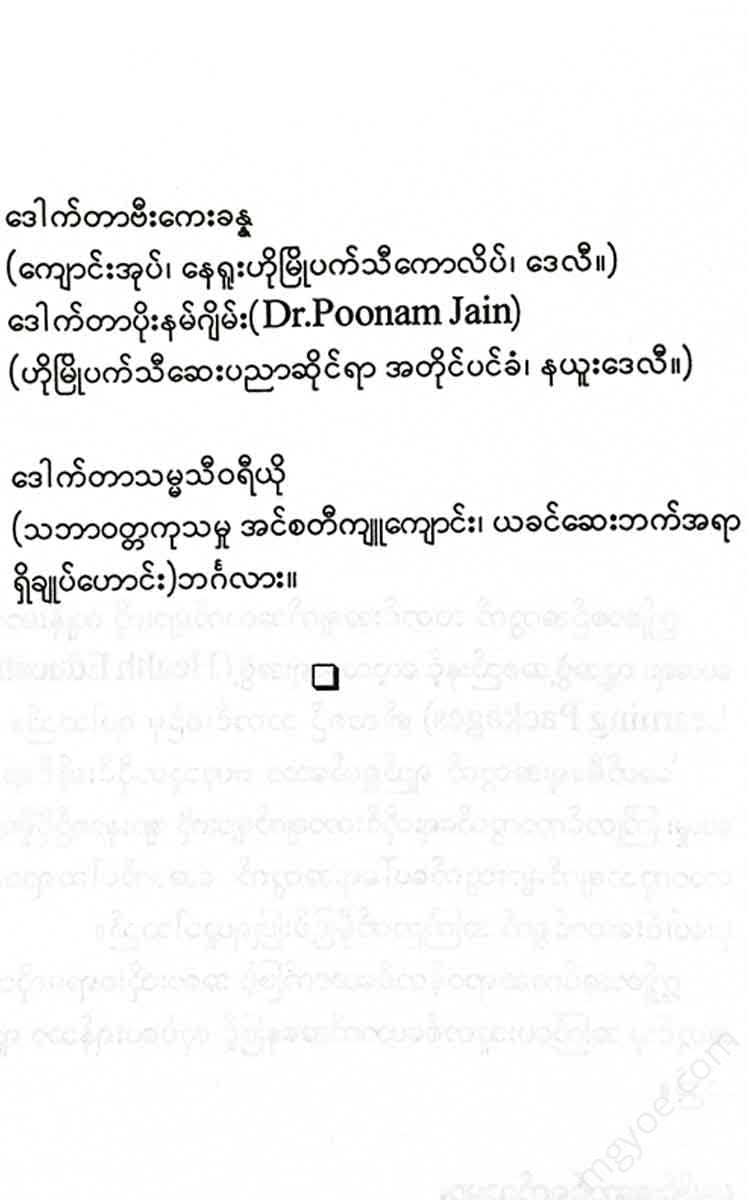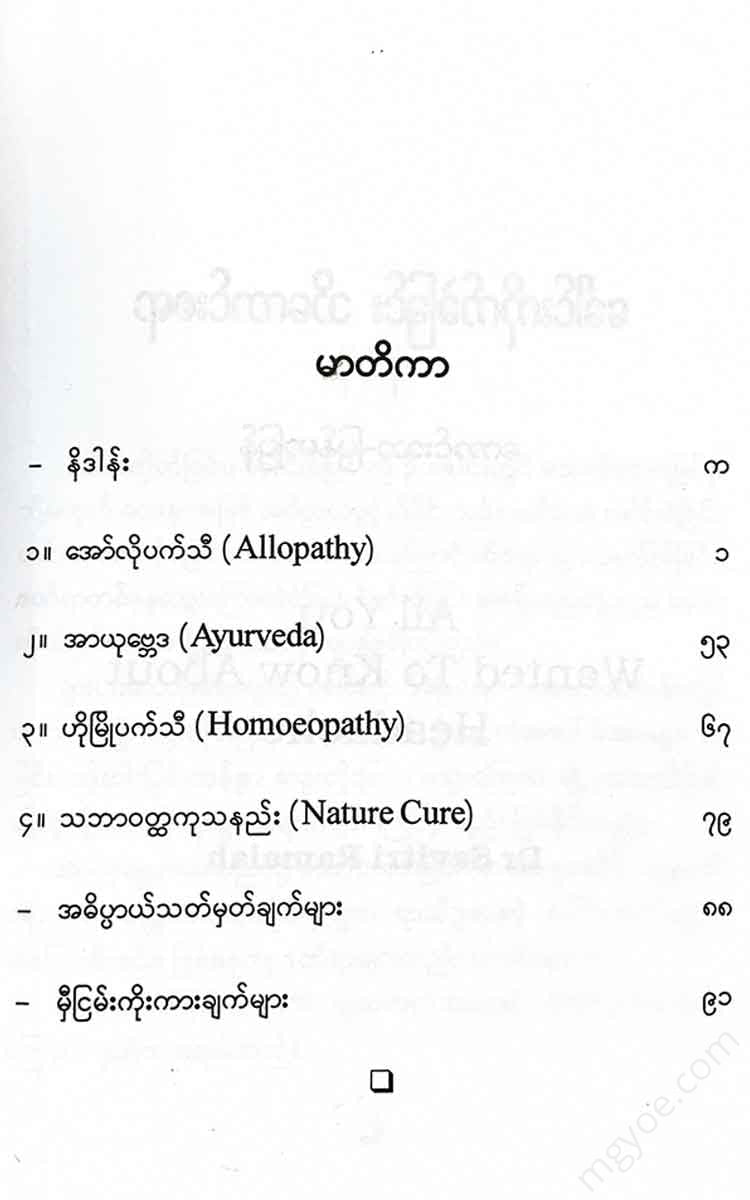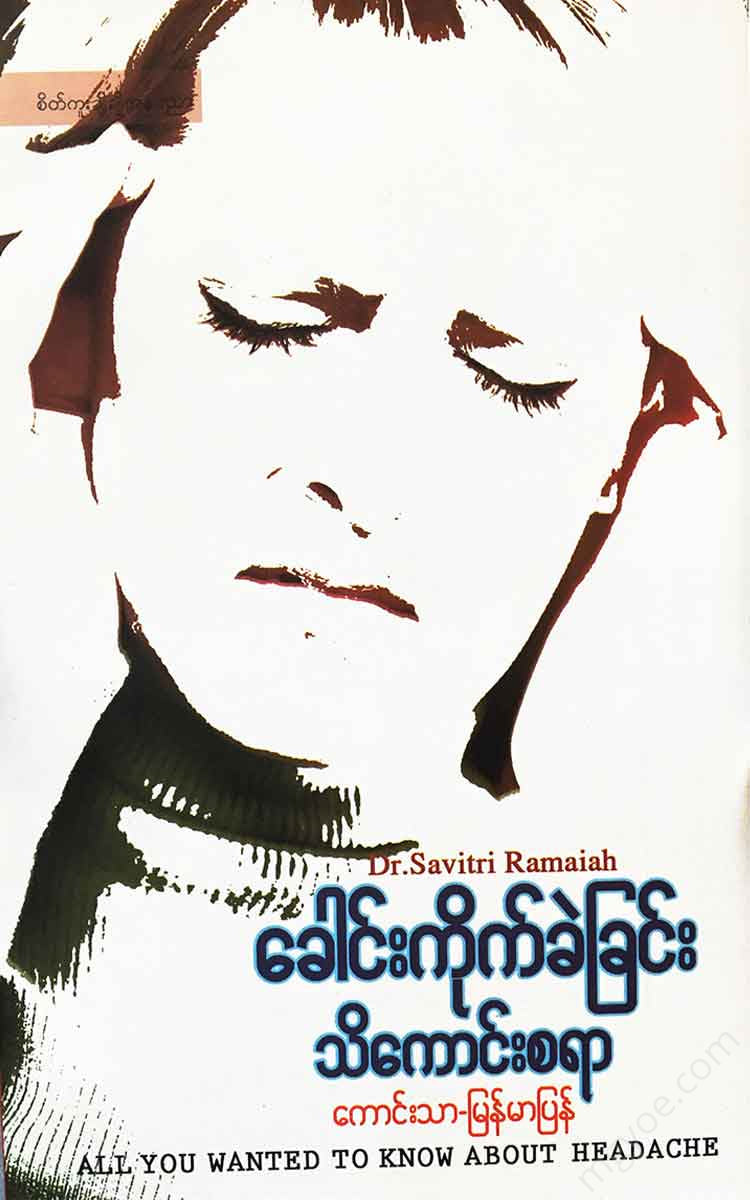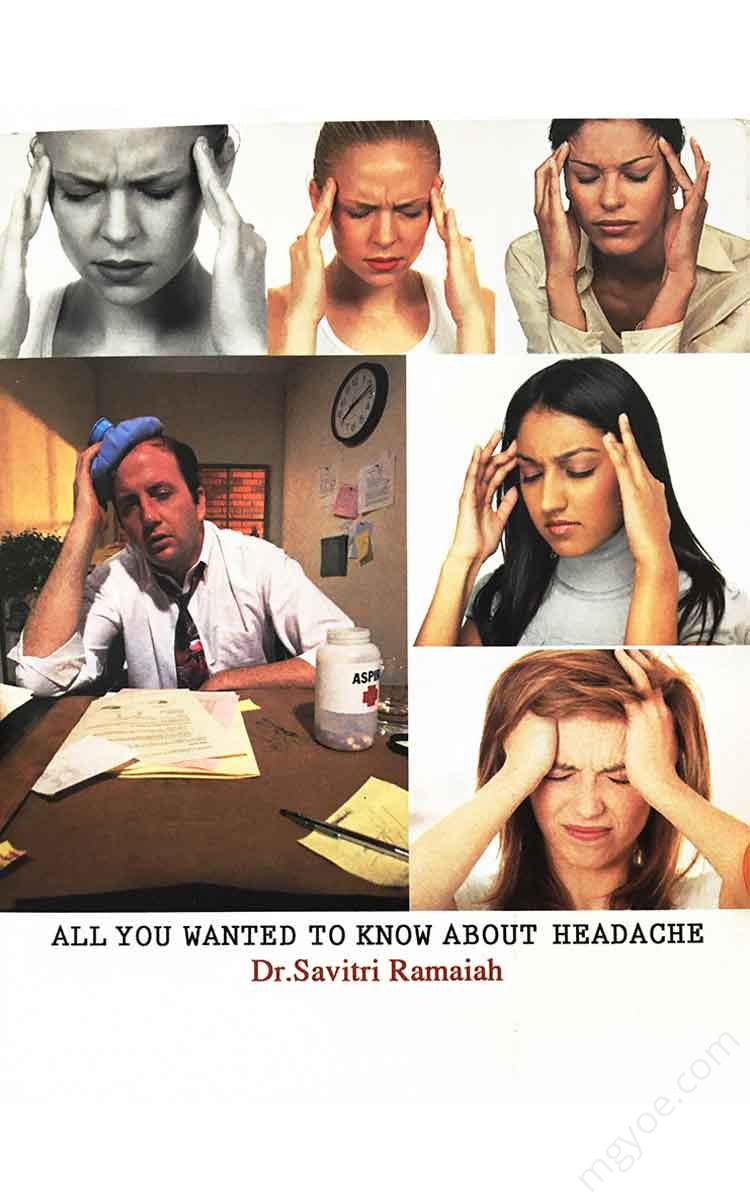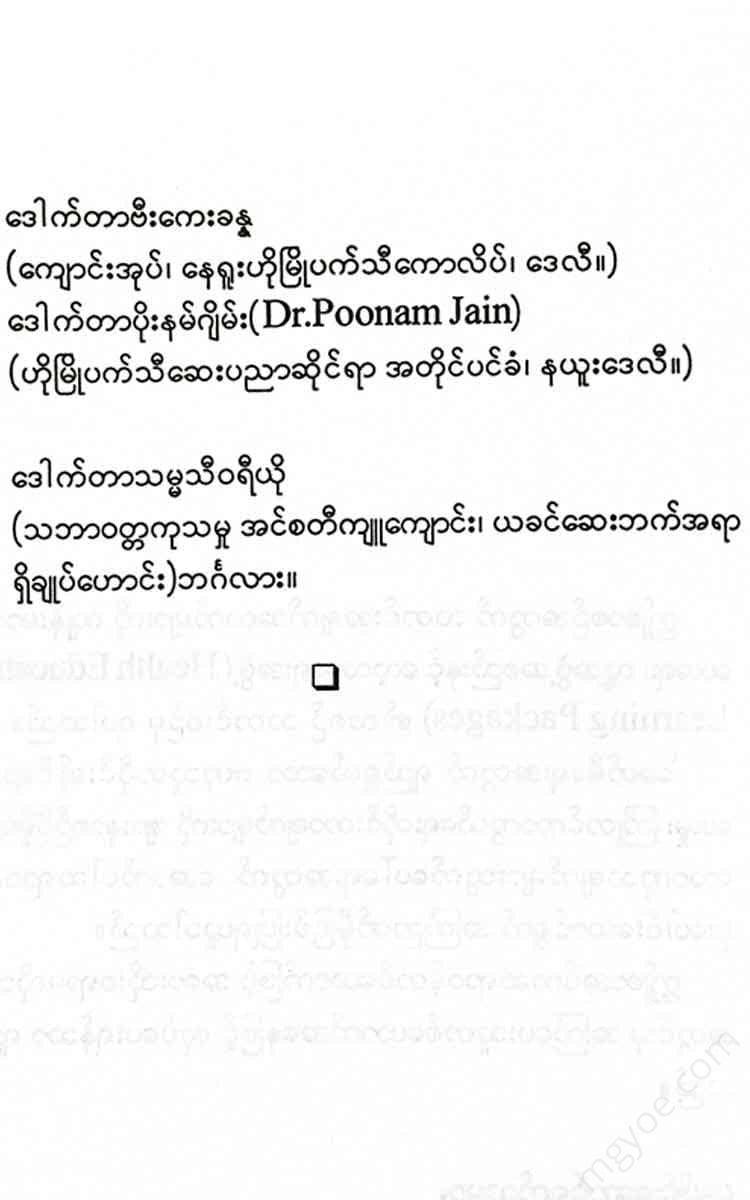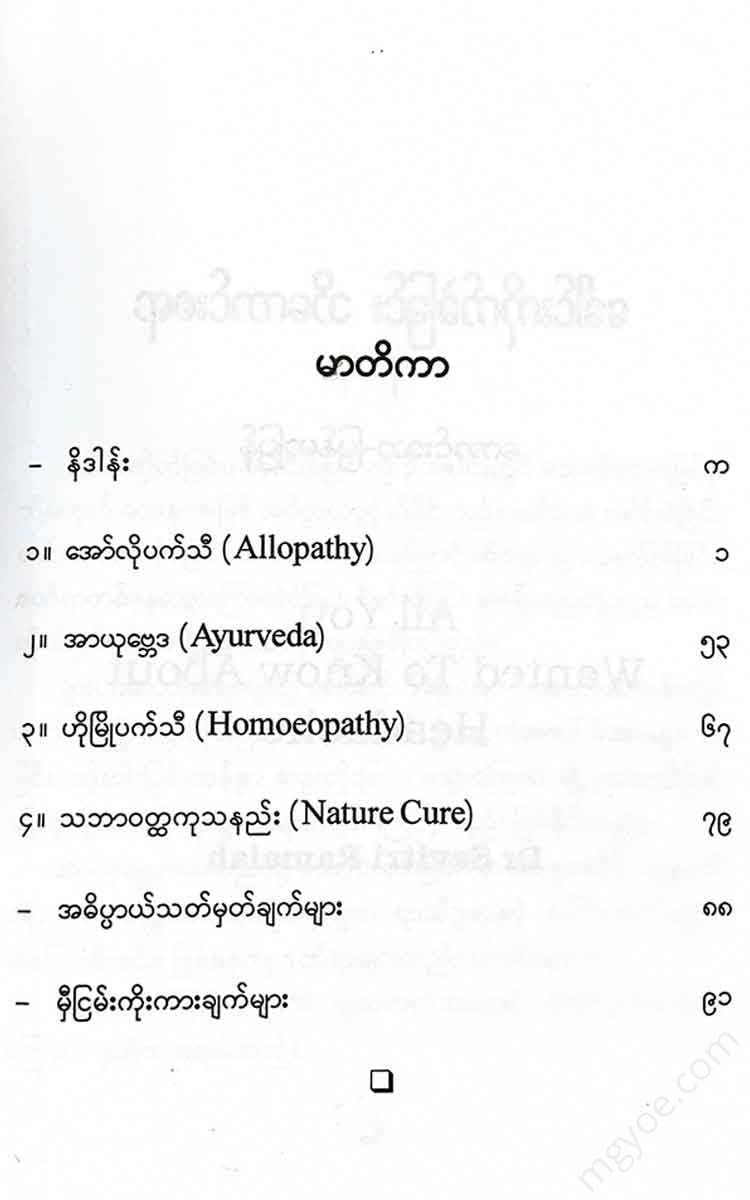စိတ်ကူးချိုချိုစာပေ
Good news - headache relief
Good news - headache relief
Couldn't load pickup availability
Introduction
Headaches can be defined as discomfort or pain in the head. Headaches can be caused by a variety of factors, including headaches, migraines, tension headaches, gastrointestinal problems, blood clots, and blockages in the blood vessels.
In rare cases, headaches can be caused by serious medical conditions such as bleeding in the space around the brain, fever, increased pressure on the brain, severe high blood pressure, or rupture of some blood vessels.
Ayurvedic medicine includes diet, lifestyle, social environment, psychological factors, weather, and the causes of headaches, as well as common injuries.
It is noted that only 1% of headaches are of concern.
The term “headache” is used to describe a feeling of discomfort or pain in the head. The headache can be anywhere around the forehead, behind the ears, or in the nape of the neck, and can also occur behind the cervical vertebrae.
Headaches are one of the most painful conditions and can have a negative impact on your quality of life.
A headache is not a disease, but a symptom of the body.
Most headaches are not a cause for concern.
How common are headaches?
Seventy percent of patients tell their doctors that headaches are one of the most common problems they experience.
Nearly ninety percent of people experience headaches at least once a year.
Nearly fifty percent of people are unable to perform their normal tasks while their headaches are still present.
Compared to men, women are more likely to suffer from these headaches.
They are especially prone to severe headaches.
Eighty-three percent of people “have to ask the doctor for medicine” for headaches.
However, about fifty-five percent of people experience severe headaches, and about sixteen percent
Only a small percentage of people seek medical treatment for tinnitus.
Taking medication on your own without a doctor's advice can lead to incorrect treatment.
This random, short-term use of medication can lead to dependence on the medication, resulting in more frequent headaches.)
There are also many simple, non-drug measures you can take to help control your headaches.
Therefore, it is important that you understand the type of headache you are experiencing and, in consultation with your doctor, plan effective control measures and treatments.
Information for this series was received from the Health Education and Learning Packages monthly newsletter.
"Knowledge preparation aimed at modernization, preventive measures to improve the quality of life during illness."
We collaborate with the following doctors to provide the best treatments and advice.
This book is not intended to replace a doctor, but rather to act as a home-based advisor.
Collaborators
Dr. Krishnamurthy
(Professor and Head, Department of Neurology, JJM Medical College.)
Dr. V. M. Pandey.
(Director, Central Council of Ayurvedic and Zoological Research), New Delhi.
